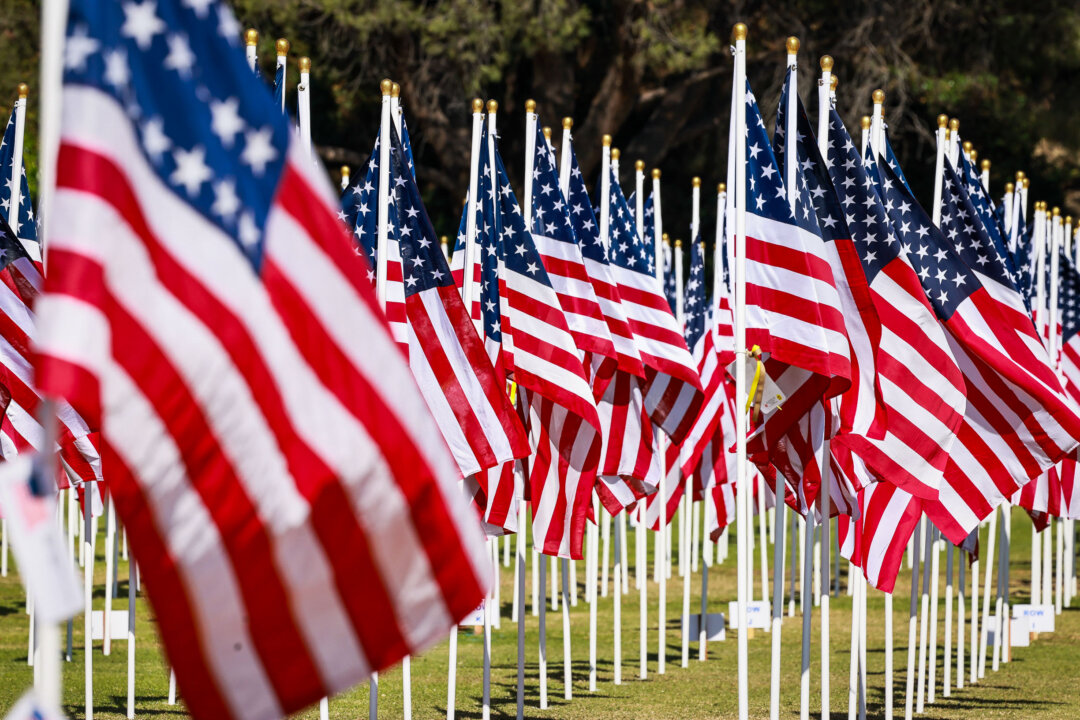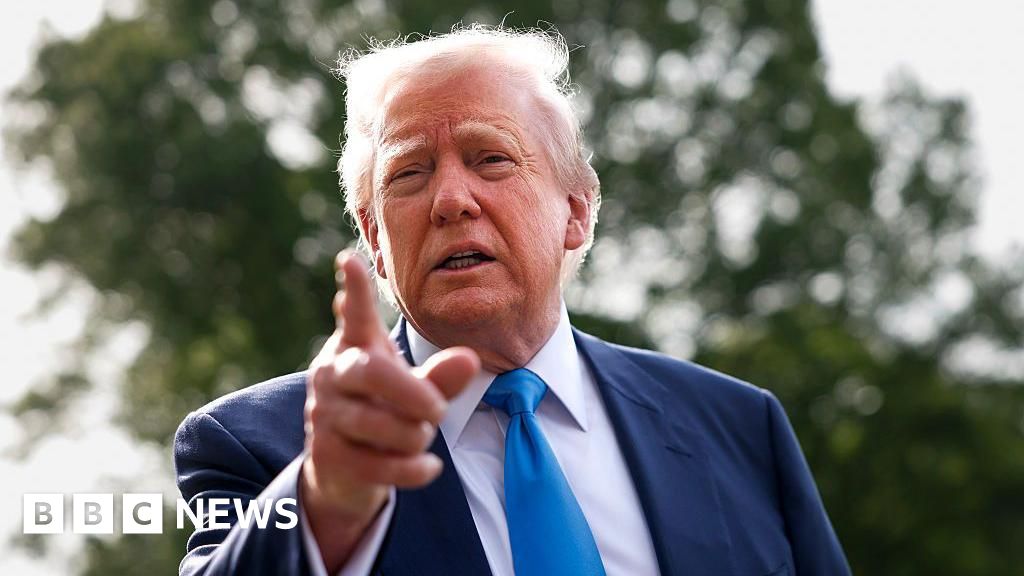Trump Announces Plan to Rename Veterans Day as 'Victory Day'
President Trump plans to rename Veterans Day to 'Victory Day for World War I' and May 8 to 'Victory Day for World War II,' raising questions on implications.
Subscribe to unlock this story
We really don't like cutting you off, but you've reached your monthly limit. At just $5/month, subscriptions are how we keep this project going. Start your free 7-day trial today!
Get StartedHave an account? Sign in
Overview
In a recent social media statement, President Trump announced intentions to rename Veterans Day to "Victory Day for World War I" and May 8, currently known as V-E Day, to "Victory Day for World War II." The proposal has sparked debate regarding its implications for the existing holiday dedicated to honoring all U.S. veterans. Trump emphasized the significance of American contributions during both wars, while critics have raised concerns over historical inaccuracies and the potential marginalization of veterans from other conflicts. The White House has not clarified whether these days will be recognized as federal holidays.
Report issue

Read both sides in 5 minutes each day
Analysis
- Trump is renaming Veterans Day to 'Victory Day for World War I' and May 8 to 'Victory Day for World War II' to celebrate American military victories.
- This change disregards nearly 90 years of tradition, which has recognized Veterans Day as a tribute to all veterans, not limited to those from World War I and II.
- The announcement lacks details on whether May 8 will become a federal holiday and whether the new names will replace existing commemorations.
Articles (4)
Center (2)
FAQ
President Trump wants to rename Veterans Day to 'Victory Day for World War I' as an effort to highlight American military victories and start celebrating them again.
There is no indication from Trump's proposal that May 8 will be designated as a federal holiday. It would require Congress's approval for such a designation.
Veterans Day is intended to honor veterans of all U.S. wars for their patriotism, love of country, and willingness to serve and sacrifice for the common good.
The holiday originally started as Armistice Day, dedicated to the cause of world peace and honoring veterans of World War I.
Renaming Veterans Day could potentially marginalize veterans from conflicts other than World War I, as it shifts focus away from a broader recognition of all U.S. veterans.
History
- This story does not have any previous versions.



